A protest by foreign nationals from Eritrea in Tel Aviv on Shabbos spun out of control and deteriorated into hours-long violent clashes, the most violent street confrontations among African asylum seekers and migrants in Tel Aviv in recent memory.
The riots began as a demonstration by opponents of the Eritrean regime against an event at the Eritrean embassy on Shabbos morning which deteriorated into violent clashes with pro-regime Eritreans. The police stepped in to restore order and both groups began clashing with the police.
Over 170 people were injured, including 49 police officers, during the riots. Eritreans from both sides faced off with construction lumber, pieces of metal, rocks and at least one axe, tearing through a neighborhood of south Tel Aviv where many asylum seekers live. Protesters smashed shop windows and police cars, and blood spatter was seen on sidewalks. One government supporter was lying in a puddle of blood in a children’s playground.
כאוס בדרום תל אביב: למעלה מ-170 פצועים, בהם עשרות שוטרים
לכתבה המלאה >> https://t.co/heaB4lBGqI
צילום: מד"א, רויטרס, משטרה pic.twitter.com/0u2UGOoCkX
— עכשיו 14 (@Now14Israel) September 2, 2023
Israeli police in riot gear shot tear gas, stun grenades and live rounds while officers on horseback tried to control the protesters, who broke through barricades and hurled chunks of rocks at the police. Police said officers resorted to live fire when they felt their lives were in danger.
At least 14 people were seriously injured. Prof. Ronni Gamzu, the director of Ichilov Medical Center, said that he doesn’t recall such a severe mass casualty event in his years at the hospital.
Police seized assault weapons, such as tear gas batons and stun guns from buses that brought some protesters to the protest site. After hours of violence, the police managed to quell the crowd, preventing further injuries. Thirty-nine rioters were arrested. A large number of police forces have been deployed to the area to ensure the safety and well-being of the public in south Tel Aviv.
Police said Eritrean government supporters and opponents had received permission for separate events Saturday, and had promised to stay away from each other.
At some point, the promises were broken, said Chaim Bublil, a Tel Aviv police commander.
“A decision was made by the government opponents to break through the barriers, to clash with the police, to throw stones, to hit police officers,” Bublil told reporters at the scene.
He said the police had arrested 39 people and confiscated tasers, knives and clubs.
The Magen David Adom rescue service said at least 114 people were hurt, including eight who were in serious condition. The others had moderate or mild injuries. Of those hurt, 30 were police officers, said Bublil.
A spokesperson for Tel Aviv’s Ichilov Hospital said it was treating 11 patients for gunshot wounds. Police said three protesters were wounded by police fire.
By late Saturday afternoon, the clashes had stopped. Police were still rounding up protesters, putting them on buses.
Many of the anti-government protesters wore sky blue shirts designed after Eritrea’s 1952 flag, a symbol of opposition to the government of the east African country, while government supporters wore purple shirts with a map of Eritrea.
Eritreans make up the majority of the more than 30,000 African asylum seekers in Israel. They say they fled danger and persecution from a country known as the “North Korea of Africa” with forced lifetime military conscription in slavery-like conditions. Eritrea’s government has denounced anti-government protesters as “ asylum scum ” who have marched against similar events in Europe and North America.
President Isaias Afwerki, 77, has led Eritrea since 1993, taking power after the country won independence from Ethiopia after a long guerrilla war. There have been no elections and there’s no free media. Exit visas are required for Eritreans to leave the country. Many young people are forced into military service with no end date, human rights groups and United Nations experts say.
In Israel, they face an uncertain future as the state has attempted to deport them. But despite the struggle to stay, in often squalid conditions, many say they enjoy some freedoms they never would have at home — like the right to protest.
Eritrean asylum seekers are often “hunted and harassed” by the Eritrean government and its supporters inside Israel, said Sigal Rozen, from the Tel Aviv-based human rights organization Hotline for Refugees and Migrants.
Events like the one held in Tel Aviv on Saturday are controversial because they raise money for the heavily sanctioned government and are used to pressure Eritreans far from home, said Elizabeth Chyrum, director of the London-based Human Rights Concern — Eritrea.
(YWN Israel Desk – Jerusalem & AP)



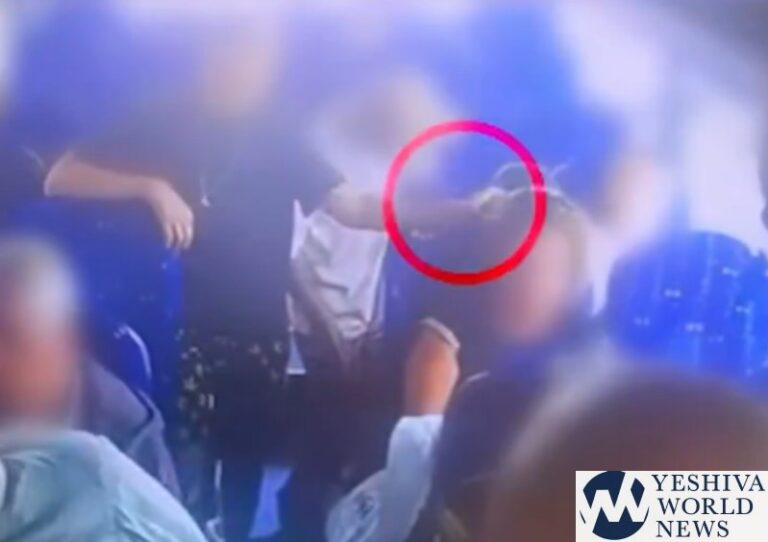
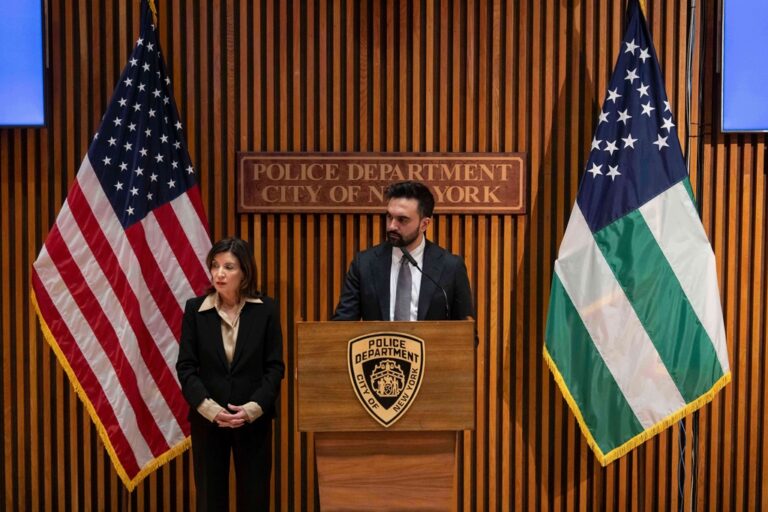
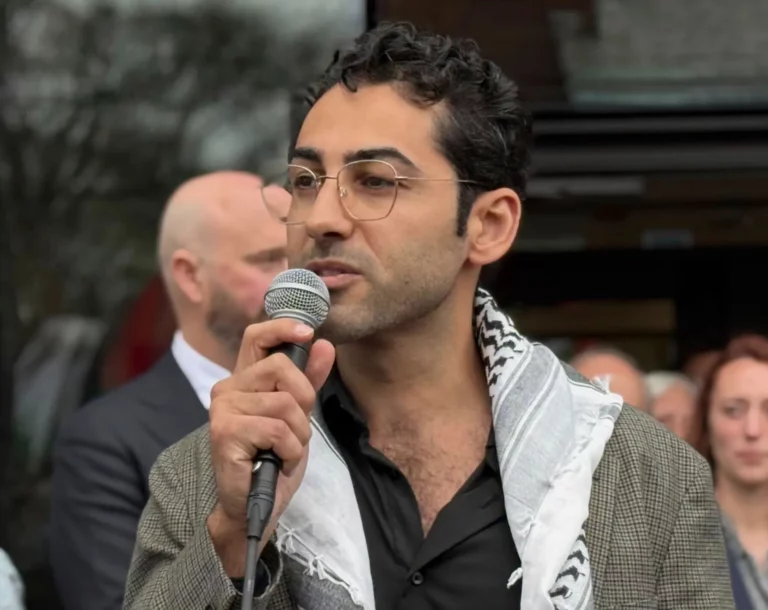

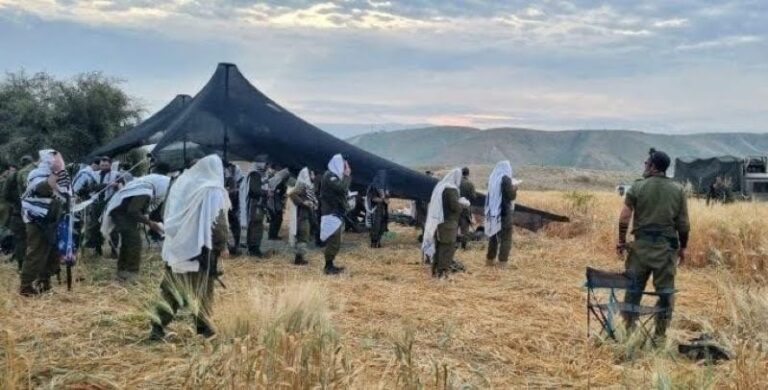

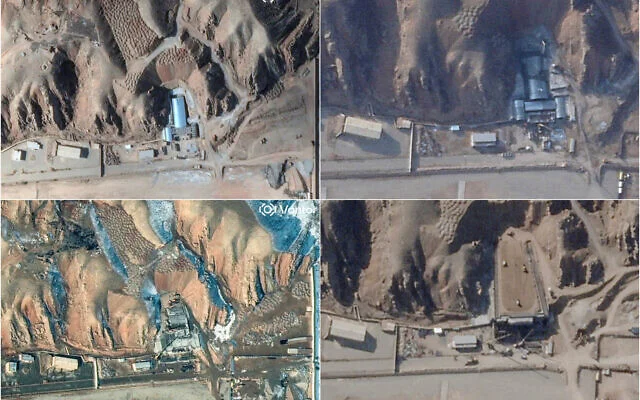

9 Responses
Great. Now we have packs of Africans rampaging through Israel. As if we don’t have enough problems with the Arabs and Beduoins.
Perfect bring Harlem to Tel Aviv
Liberalism is a mental disorder
They encourage behaviors that are even detrimental to them as long as it also hurt the conservatives/frum Jews
Eritreans DO NOT BELONG anywhere in Israel.
Allowing them to live anywhere in Israel for even one day is stupid and insane.
ALL OF THEM must be expelled from Israel: the sooner, the better.
Send these home. Let them protect their own.
Not needed in Israel
I must’ve missed the first part of the movie. Who was the brain surgeon who let them come to Israel in the first place?
Thanks to the supreme Court that dosnt let them be expelled
Deport them to an African country. Israel has its own problems to deal with.
Looks like colour war!
Seems familiar to me..
wherever these guys go they act like they are at home in the jungle.
what do you want?! would you let gorilla’s and similar dangerous predators roam the streets….?